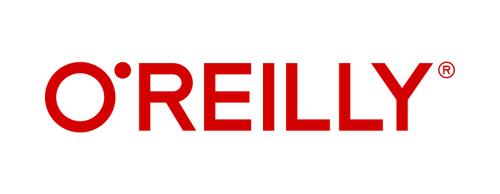Data Science Fundamentals Part 1: Learning Basic Concepts, Data Wrangling, and Databases with Python
Course Features
Duration
20.54 hours
Delivery Method
Online
Available on
Limited Access
Accessibility
Desktop, Laptop
Language
English
Subtitles
English
Level
Beginner
Teaching Type
Self Paced
Video Content
20.54 hours
Course Description
Course Overview
Virtual Labs
International Faculty
Post Course Interactions
Hands-On Training,Instructor-Moderated Discussions
Case Studies, Captstone Projects
Skills You Will Gain
Prerequisites/Requirements
Basic understanding of programming
Familiarity with Python and statistics are a plus
What You Will Learn
How to get up and running with a Python data science environment
The essentials of Python 3, including object-oriented programming
The basics of the data science process and what each step entails
How to build a simple (yet powerful) recommendation engine for Airbnb listings
Where to find quality data sources and how to work with APIs programmatically
Strategies for parsing JSON and XML into a structured form
The basics of relational databases and how to use an ORM to interface with them in Python
Best practices of data validation, including common data quality checks
Target Students
Aspiring data scientists looking to break into the field and learn the essentials necessary
Journalists, consultants, analysts, or anyone else who works with data and looking to take a programmatic approach to exploring data and conducting analyses
Quantitative researchers interested in applying theory to real projects and taking a computational approach to modeling
Software engineers interested in building intelligent applications driven by machine learning
Practicing data scientists already familiar with another programming environment looking to learn how to do data science with Python
Course Instructors
Course Reviews
Average Rating Based on 6 reviews
83%
17%
